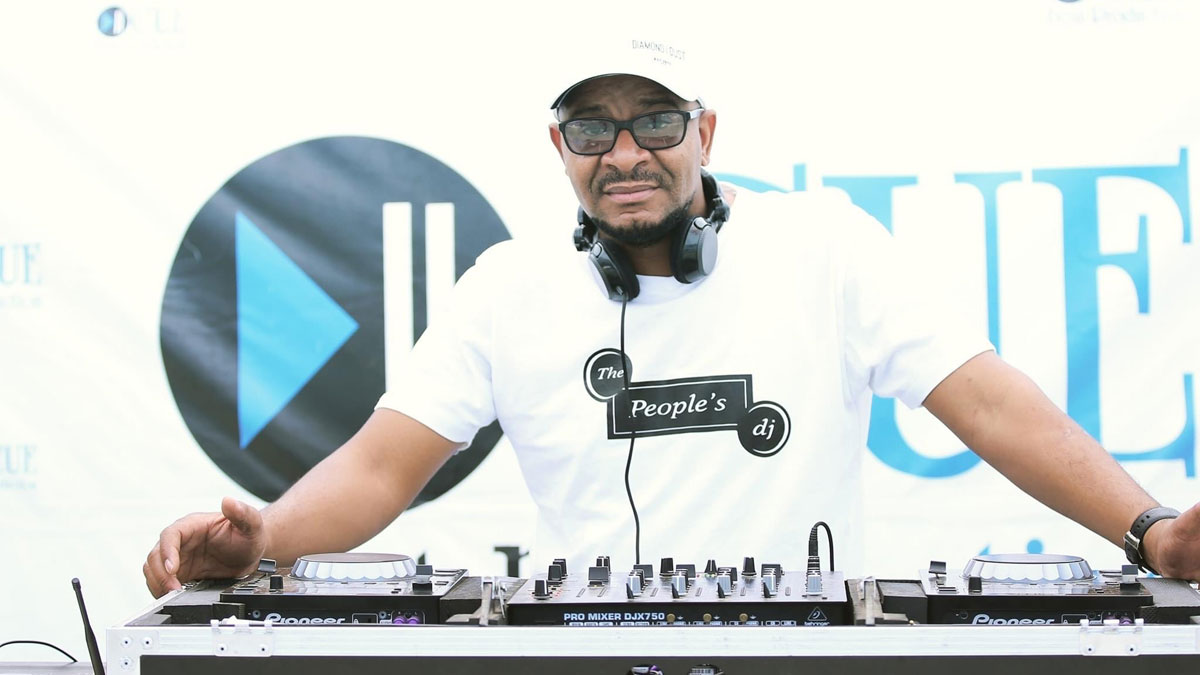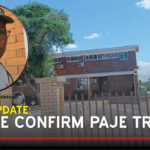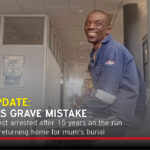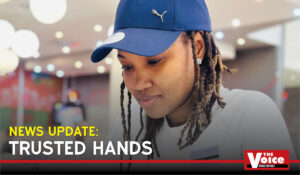- DJs debate merits of ‘pay to play’ as COSBOTS talk tough
The Copyright Society of Botswana (COSBOTS) has noted with concern the increasing number of local Disc Jockey’s (DJs) practising without a licence in Botswana.
Disc Jockeys whose job description is to entertain revellers by playing other artist’s songs are among the most booked in the entertainment industry, with weekly gigs and shows.
As a result, the DJs are mandated to pay a certain tariff to COSBOTS for playing other people’s music and they do so by getting a licence from the mother body which is renewed annually.
In a telephone interview, one of the popular local DJs without a licence, ‘DJ Cue’ (birth name Mosa Puso) said that paying fees to obtain a licence is absurd.
“Playing other artists songs is not ripping those artists off their royalties but rather promoting and advertising their music. I fail to understand why we are forced to have practicing licence for playing other artist songs, as we are advertising them together with their craft which comes as a benefit. We are not in anyway curtailing their rights to earn royalties,” said DJ Cue.
The veteran muso went on further to offer an alternative solution, suggesting that if COSBOTS were to insist on charging DJs for playing music then the DJs too should be entitled to receive a portion of artists earnings.
“We give them exposure and help them become well-known or even get regular bookings!” he pointed out.
However, not all DJs are opposed to the licencing issue.
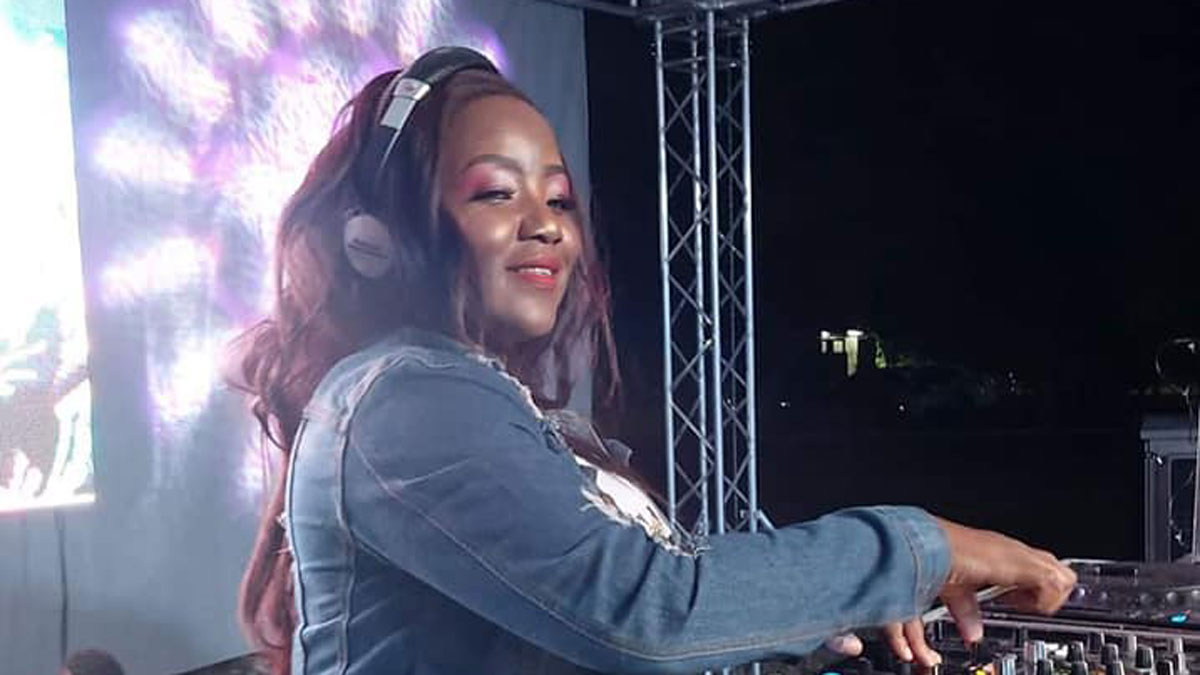
Currently in the process of obtaining her licence, a local female DJ, Mpho Mogomotsi, better known by her stage name DJ Missy, expressed her support for the drive, arguing it will help local musicians escape poverty.
“I’ve been following the DJ licencing saga on Facebook, and I can say it’s a good initiative as most of our local artists don’t get airplay, meaning they make little to no money from their work. So extending the collection of royalties from DJ’s to them would help increase their royalties from COSBOTS,” reasoned DJ Missy.
Meanwhile COSBOTS Chief Executive Officer (CEO), Letlhogonolo Makwinja has revealed that the majority of Disc Jockey artists in the country do not have operating licences and continue to knowingly flout the law.
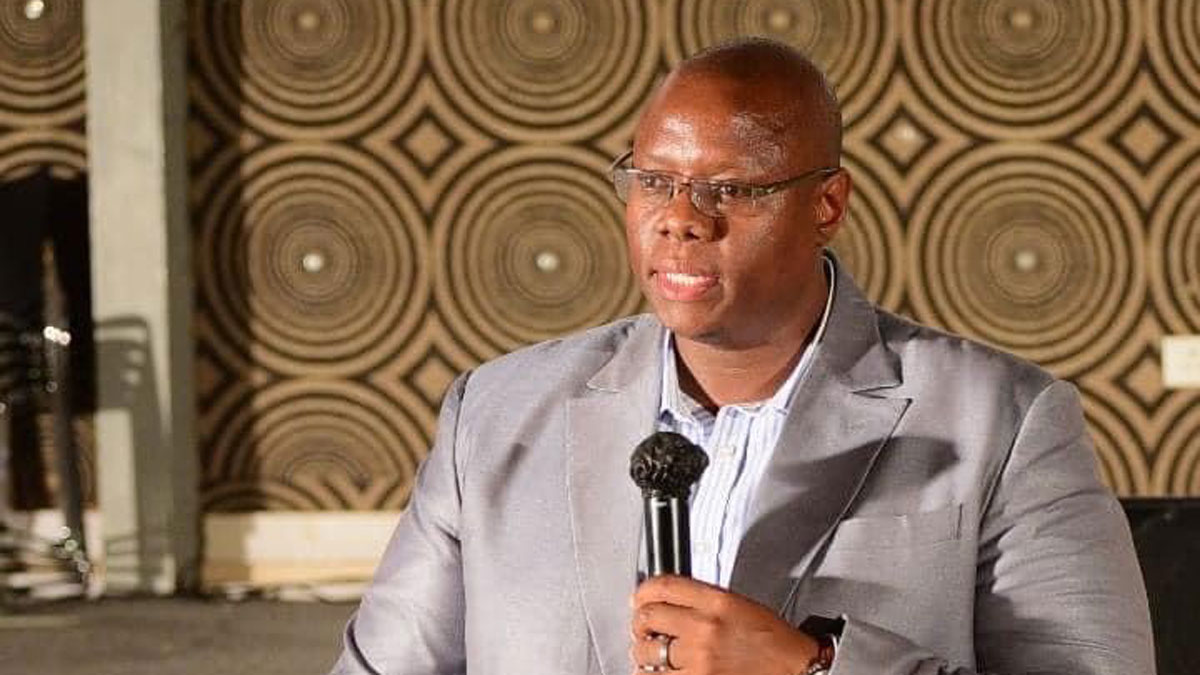
“The tariff is not recent, it has been there since its approval by Botswana Government in 2012, when COSBOTS started it’s licensing process. The tariff was reviewed around 2017 and this was followed by dissemination of information through workshops and different media platforms, but our DJs still look the other way,” said Makwinja.
According to Makwinja, obtaining a licence is fairly simple. Disc Jockeys can log onto their website, describe the genre of music they play, and pay the licensing price of P1, 000 for DJs stationed in urban areas and P500 for DJs based in rural regions. The user is subsequently given a COSBOTS licenCe certificate, which must be renewed annually.
When asked what the DJ licence fee is used for, Makwinja explained, “The majority of royalties earned are used to compensate copyright holders. A smaller portion of the fee go to the social and cultural fund, which helps members pay for funeral expenses and provides assistance during chronic medical treatment incidents. COSBOTS is also entitled to 30% of the collections to cover administrative costs.”
The COSBOTS boss concluded by issuing a stern warning that DJs who fail to secure the licence might be found guilty in the court of law and sentenced to not more than five years imprisonment and a fine of anywhere between P20, 000 to P1 million.


